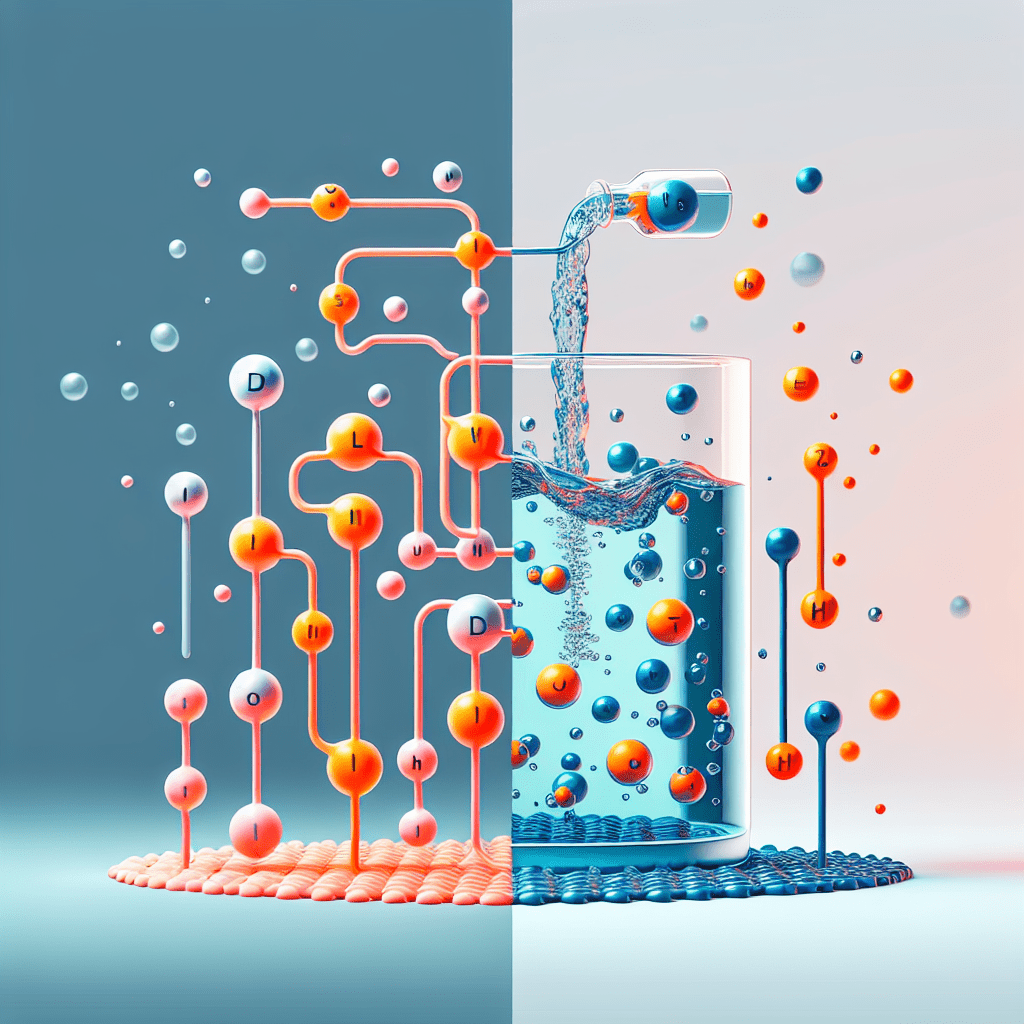Electrolytes vs isotonic, what is the difference ?

Electrolytes vs Isotonic: Understanding the Difference
In the realm of health and wellness, hydration is a cornerstone of maintaining optimal bodily functions. Two terms that often come up in discussions about hydration are "electrolytes" and "isotonic." While they are related, they are not the same, and understanding the difference between them can help you make better choices for your health. This article delves into what electrolytes and isotonic solutions are, their roles in the body, and how they differ.
What Are Electrolytes?
Electrolytes are minerals that carry an electric charge and are found in your body fluids, including blood, urine, and tissues. The primary electrolytes include sodium, potassium, calcium, magnesium, chloride, bicarbonate, and phosphate. These minerals are essential for a variety of bodily functions, including:
- Regulating nerve and muscle function
- Hydrating the body
- Balancing blood acidity and pressure
- Helping to rebuild damaged tissues
When you sweat, urinate, or experience diarrhea, you lose electrolytes. This loss can lead to an imbalance, causing symptoms such as muscle cramps, fatigue, dizziness, and irregular heartbeat.
"Electrolytes are critical for muscle function and hydration."
What Are Isotonic Solutions?
Isotonic solutions are fluids that have the same concentration of solutes (like salts and sugars) as the body's cells and blood. Because of this balance, isotonic solutions are absorbed quickly and efficiently by the body. They are often used in medical settings for rehydration and to deliver medications intravenously.
In the context of sports and hydration, isotonic drinks are formulated to replace fluids and electrolytes lost through sweating. These drinks contain a balanced mix of water, salts, and sugars that mimic the body's natural fluid composition, making them ideal for quick rehydration.
"Isotonic drinks are designed for rapid absorption and rehydration."
The Key Differences
While both electrolytes and isotonic solutions are crucial for maintaining hydration and bodily functions, they serve different purposes and are used in different contexts. Here are the key differences:
- Composition: Electrolytes are individual minerals, while isotonic solutions are balanced mixtures of water, salts, and sugars.
- Function: Electrolytes are essential for various bodily functions, including muscle contraction and nerve signaling. Isotonic solutions are primarily used for rapid rehydration and fluid replacement.
- Usage: Electrolytes can be consumed through food, supplements, or electrolyte-rich drinks. Isotonic solutions are often used in sports drinks and medical rehydration therapies.
"Understanding the difference helps in making better hydration choices."
When to Use Electrolytes vs. Isotonic Solutions
Knowing when to use electrolytes versus isotonic solutions can help you maintain optimal hydration and performance. Here are some guidelines:
- During Exercise: If you are engaging in prolonged or intense physical activity, isotonic drinks can help you stay hydrated and replenish lost electrolytes quickly.
- Illness and Recovery: During episodes of vomiting, diarrhea, or fever, both electrolytes and isotonic solutions can help restore balance and prevent dehydration.
- Daily Hydration: For everyday hydration, consuming a balanced diet with electrolyte-rich foods (like bananas, spinach, and yogurt) and drinking water is usually sufficient.
"Proper hydration is vital for heart health and overall well-being."
Scientific Insights
Scientific studies have shown the importance of electrolytes and isotonic solutions in maintaining hydration and performance. A study published in the Journal of Athletic Training found that athletes who consumed isotonic drinks experienced better hydration and performance compared to those who drank plain water. The study concluded that "isotonic beverages are effective in maintaining fluid balance and improving athletic performance."
Another study in



